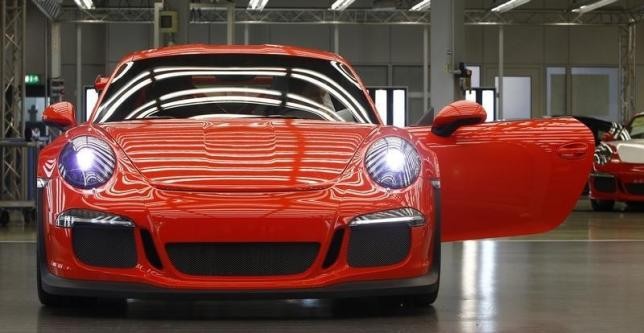Volkswagen's emissions cheating scandal threatened to involve its Porsche brand and other high-end cars including Audi, and SUVs equipped with six-cylinder diesel engines. However, the German automaker has denied the charges, arguing that regulators working for the Environmental Protection Agency (EPA) and also the California Air Resources Board (CARB) are making false claims.
These new EPA/CARB accusations could be even more costly to VW than the first ones. That is because the automaker makes most of its North America revenue from Porsche and Audi sales.
The new claims of test cheating involve vehicles with 3-liter diesel engines, including the 2014 VW Touareg, 2015 Porsche Cayenne, and several 2016 Audi models. They reportedly allow nitrogen oxide emissions up to nine times higher than EPA-allowed levels.
Since 2014 the VW Group has sold at least 10,000 of the vehicles in the United States. The company could be hit with fines up to $375 million for the latest violations. It already faces up to $18 billion in fines the EPA reported in September, according to Detroit News.
VW released a statement that denied the EPA's claims. It stressed that no cheating software had been installed in the 3-liter V-6 diesel power units in order to cheat on emissions tests.
In September VW admitted that it had installed illegal software in 11 million diesel cars to run cleaner during lab emissions tests than road tests. It included 482,000 U.S.-sold diesel cars.
Audi of America stated on November 2, Monday that it was not stopping the sales of its 2016 diesel cars. Meanwhile, Porsche said it was surprised by the new EPA announcement.
If Porsche is involved in the cheating scandal it could be a new problem for VW. Matthias Mueller was Porsche's CEO before becoming chief executive of Volkswagen AG in September, according to Reuters.
Here are some facts and figures related to the VW emissions scandal:



























